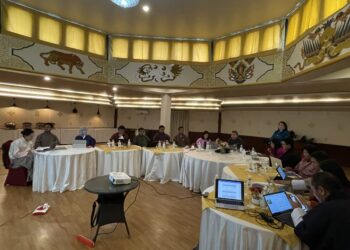
July 6, 2023| Bio-diversity News| wons
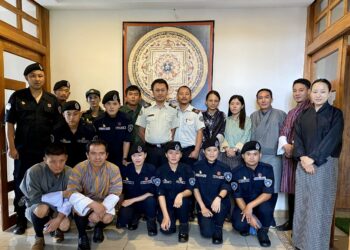
June 21, 2023| Bio-diversity News| wons
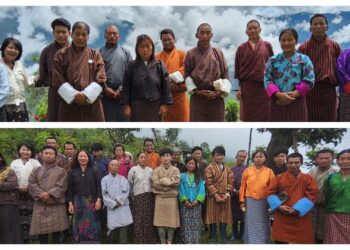
June 18, 2023| Bio-diversity News| wons
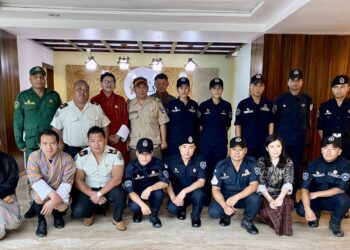
June 16, 2023| Bio-diversity News| wons
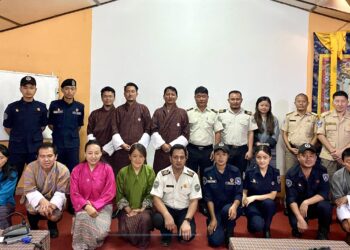
June 14, 2023| Bio-diversity News| wons
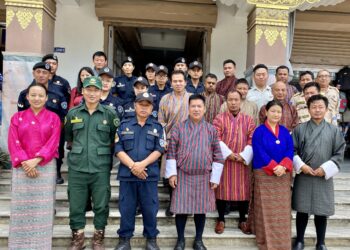
June 13, 2023| Bio-diversity News| wons
 Views Last 7 days : 821
Views Last 7 days : 821 Views Last 30 days : 4438
Views Last 30 days : 4438 Total views : 24428
Total views : 24428